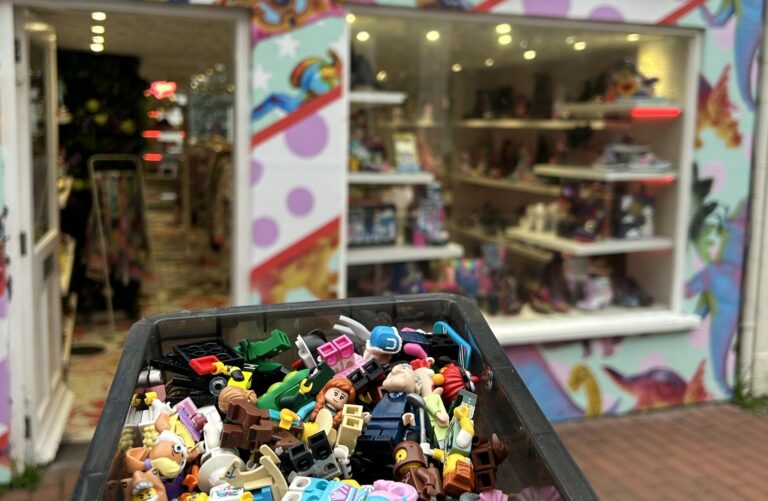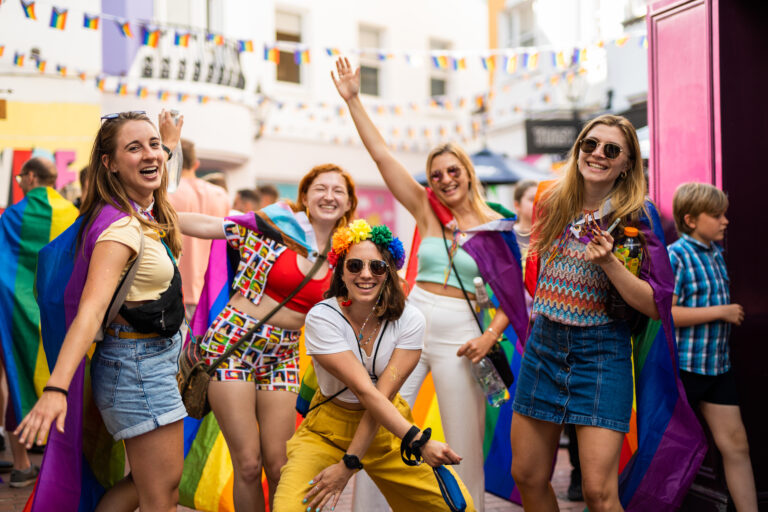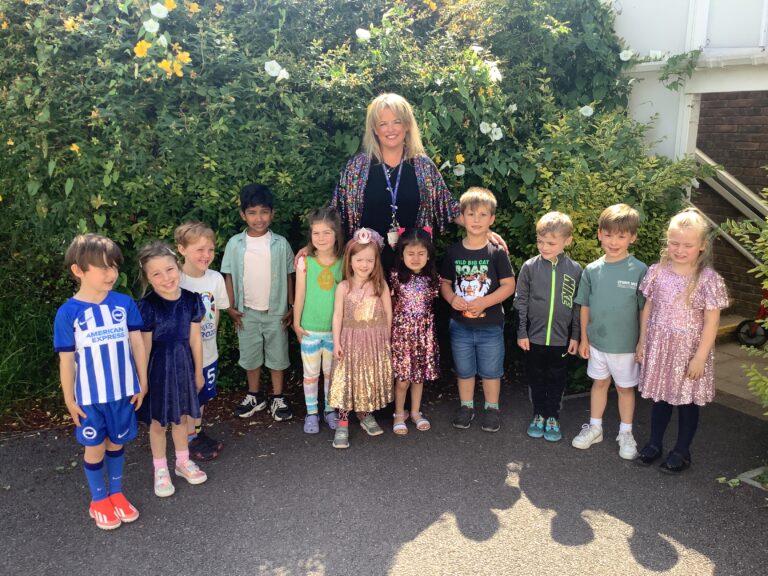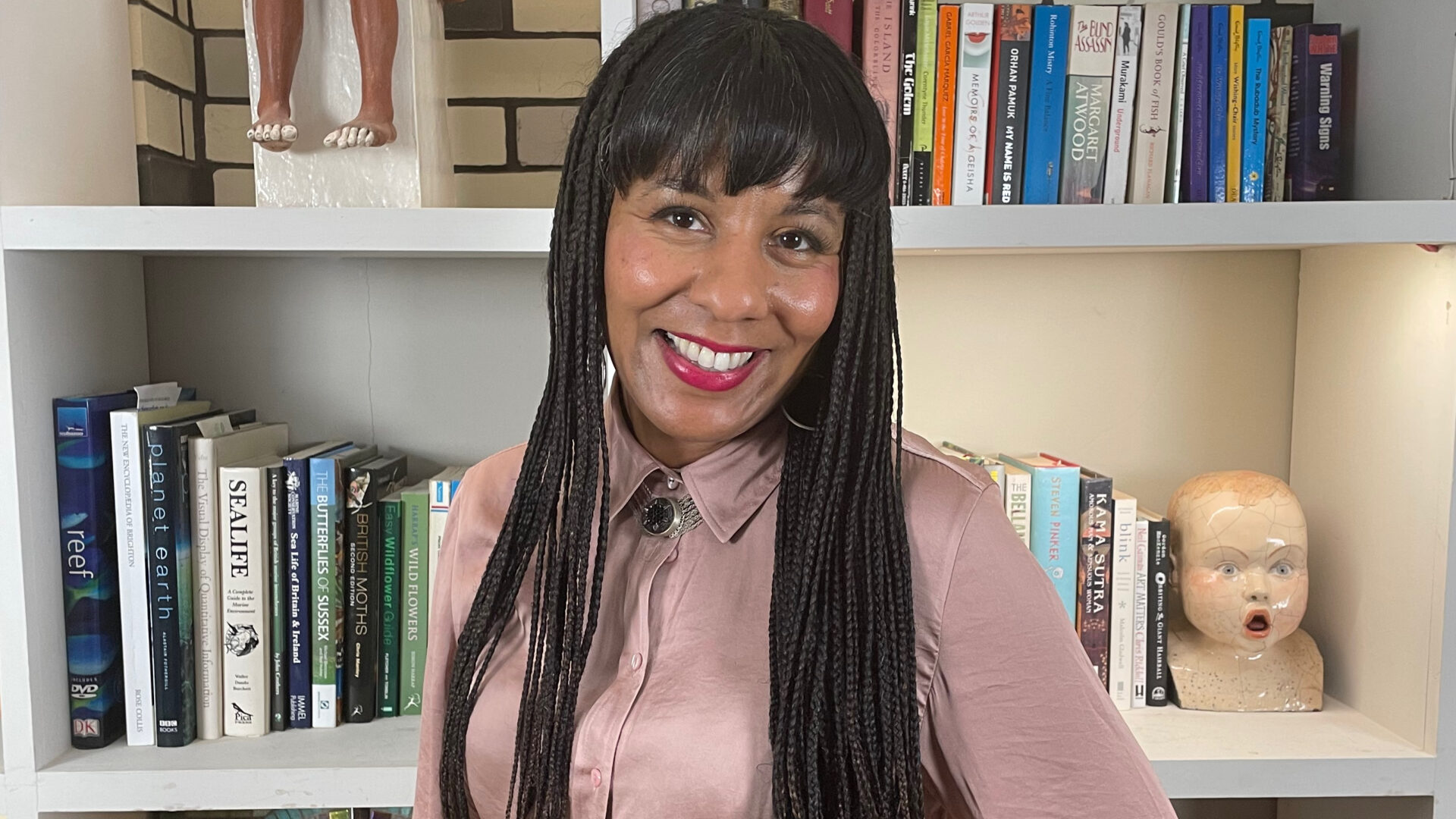
With Black History Month – a month to recognise and celebrate the invaluable contributions of black people to British society – in full swing, we’re chatting with brilliant black business owners in Brighton city centre to learn about their experiences, celebrate their successes and hear their advice for others thinking of starting businesses too.
First up, is artist, curator and gallery owner, Kellie Miller of Kellie Miller Arts (also known as KMA), located in Market Street in The Lanes. The contemporary award-winning art gallery houses work from a variety of local, national and international artists, spanning a diverse range of mediums including paintings, prints, ceramics and sculpture.
Hi Kellie! First things first, when and why did you open Kellie Miller Arts?
From its humble start as a pop-up space, I can’t believe the gallery has been open for ten years. Initially, I opened it to give my work greater exposure outside of the Artists Open House programme. After the pop-up period, I was confident I could make the business work. But, as I did during the pop-up temporary show, I wanted to continue including other artists’ artwork alongside my own.
Tell us about the types of art on offer in your gallery…
Our main offerings are paintings, sculptures, ceramics and prints from international and national artists and makers. Our emphasis is on original works where the hand of the creator can be seen.
Our most recent partnership is with the artist Pierre Diamantopoulo and Hove Plinth. Pierre’s Flight of the Langoustine sculpture is located on Hove Seafront at the bottom of Grand Avenue.
The ambitious community art project is the brainchild of the Hove Civic Society. KMA will exclusively offer individual bronze editions based on the Flight of the Langoustine sculpture for sale.
You’re passionate about making art accessible. Can you tell us a little more about this?
It is important to make art as accessible as possible—by the language we employ and the works on display. We also want to be a place that is always welcoming. A range of price points and styles offer easy entry alongside more significant pieces. Good communication with our artists and clients is essential to ensure we select works of interest.
What do you love most about what you do?
There are so many elements of what I do I enjoy. It is an exciting business where you can meet fascinating people. Some of the aspects I most enjoy are: encouraging the creation of artworks, finding new artists, selecting artworks, curating spaces, matchmaking artworks to clients, making a difference to artist’s incomes and receiving feedback from clients when they have bought the art they love from us.
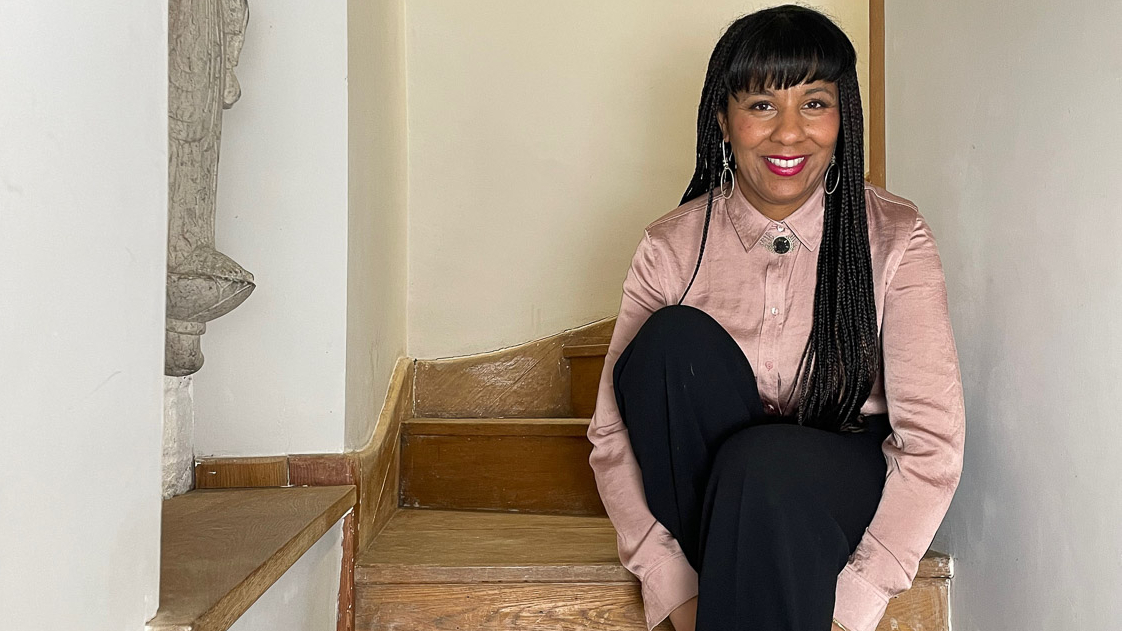
Hard question; but what’s been your career highlight so far?
I have been nominated for international awards for my artworks in Japan and Taiwan. However, what was most memorable was when I was recognised as a businesswoman by being invited and selected to the Houses of Parliament for a business award.
What influences your success?
I look at the gifts I have in my life every day. I reflect on how far I have come and what I have achieved and make sure I stop to say thank you. I try not to focus on the next stages and find time to stop and enjoy the view.
When times are tough, I try to do something nice for someone else, call a friend in need, send flowers and give to charity.
Nature is incredibly important to me; it inspires my work, and I am surrounded by it. Fortunately, I have a dog that encourages me, daily, to enjoy the outdoors.
What does Black History Month mean to you?
When you are not invited to the table or still the only representative in the room, it reinforces the notion of not belonging. When you are asked where you are ‘from, from’ it keeps the feeling of not belonging alive.
Akyaaba Addai-Sebo, founder of Black History Month, decided that “every child growing up in the UK must have an appreciation and an understanding of Africa, Africans, people of African decent—their contributions to world civilisations from antiquity to the present, and especially to the growth and development of the UK and Europe.”
We still have a way to go to achieve this, so we must remember those before us, keep moving forward, aim to change the narrative and celebrate when we can.
And finally, what would you say to inspire other black women to start their own businesses?
Advocate wherever possible to invest, support and encourage others on their business path and dreams. Know that you will find yourself in uncomfortable positions at times, but stay true to who you are, and you will always win through. Understand your privilege to make changes and be heard.
Don’t forget to ask for help; it is always there, but not in the places or from the people you might expect. If you are open to all the sources of support, you will get what you need to succeed.
Find Kellie Miller Arts at 20 Market Street, Brighton.

